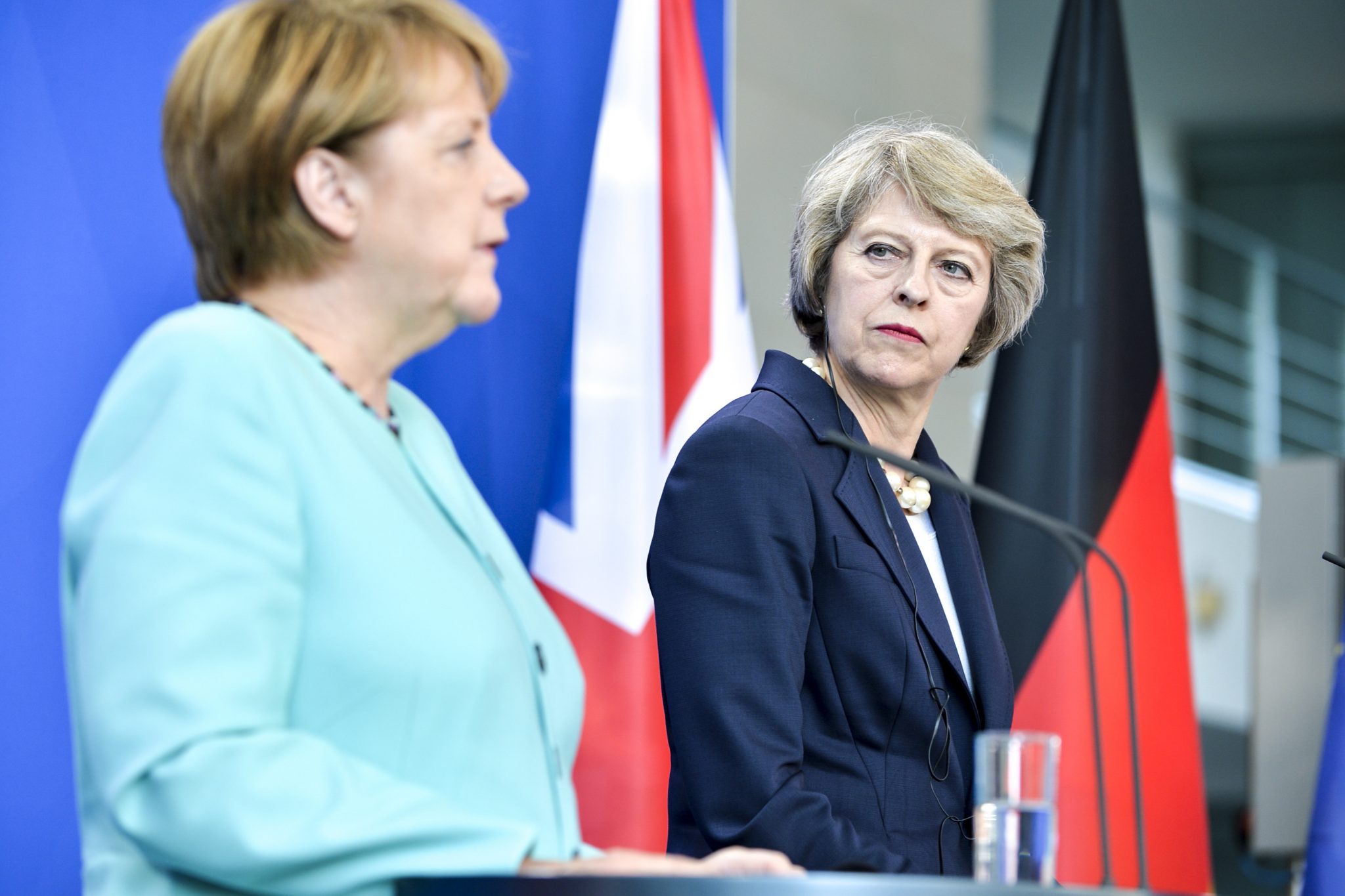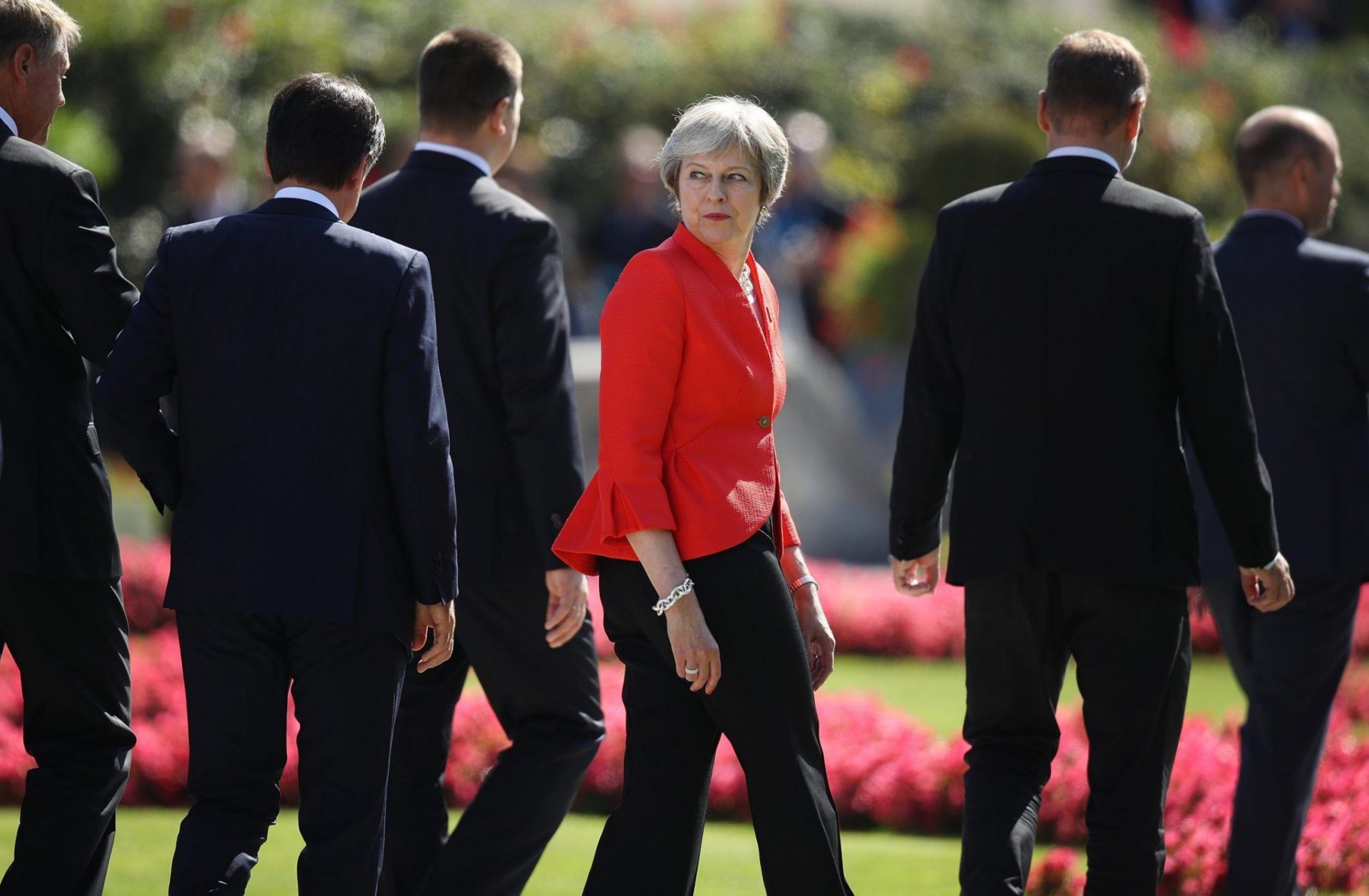
by Henry Newman
Shortly after Theresa May triggered Article 50, Angela Merkel gave a response. Her comments on the UK-EU negotiations are already being over-interpreted. Sky News, AFP, the Mirror, the Independent and many others are reporting that she has ruled out parallel negotiations.
In fact what she has said is:
“In the [Brexit] negotiations, it must first become clear how we now disentangle this interconnection in orderly way. And that will also be about dealing with the many rights and obligations that are linked to [EU] membership so far. Only when these questions are clarified, we can subsequently – but hopefully soon anyway – talk about our future relationship.”
She has not (at least not in these comments) ruled out parallel discussions. What she has said is that questions must first be clarified. I would expect that she is referring to the fact that the EU will seek from the UK an in-principle agreement that, for example, the UK will settle its outstanding financial obligations. Theresa May has essentially already offered that in her letter today, and Philip Hammond has said it previously.
Merkel in fact explicitly says that she wants to talk about the future relationship soon. And she says that the questions must be clarified – not that they must be resolved.
It would be highly surprising if she had ruled out parallel discussions altogether. In July 2016, at a Press Conference in Berlin with Theresa May, Merkel went out of her way in answer to the very first question (which was actually about cherry picking, and the Turkish death penalty, rather than timing) to say:
“I think it is absolutely understandable that only a few days after the referendum, only a few days after a new government was formed in Britain, the government will have to take a moment first and try to seek to identify its interests. And I think it’s actually to our advantage to have the United Kingdom define its negotiating stance in great detail and clarity and possible to also clearly outline how it sees its future relationship with the European Union. These have to be parallel processes if you like. You cannot completely cut off the bonds and then after a long winding negotiated process come up with how one sees the future relationship. So a good negotiating process and a sensible and constructive one I think is in all of our interests.”
Merkel was correct that it is both the UK and EU’s interests to have a constructive negotiation process. If the EU insists on settling the entire divorce arrangement before discussing any of the future relationship, the UK is much more likely to leave with no deal – and that’s bad for both sides. But that’s not really a practical way of negotiating anyway. Too many of the questions are intertwined and so the divorce couldn’t meaningfully be finalised without discussing the future.
This over-reaction is not likely to be the last media frenzy in the months ahead. That’s part of the difficulty with negotiations. Every comment is pored over. And nuance and context can be lost, particularly if one side or the other seeks to confirm their preconceived biases.



